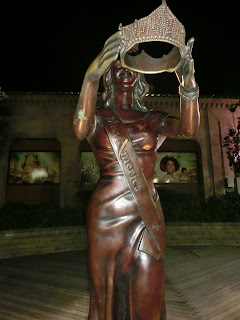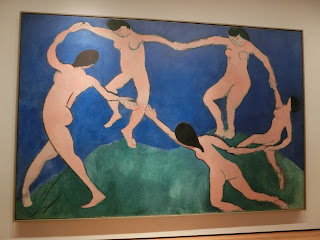worship at the cathedral 3

My take on abstinence... Abstinence is an act of doing without, a giving up of something good. It is done in the spirit of sacrifice. As Catholics we are required to abstain from meat on Ash Wednesday, Good Friday and all the Fridays of Lent. First, this abstinence from meat works on the presumption that meat is good. Precisely it is a sacrifice because it is good. We don't sacrifice something we don't like in the first place. Second, abstinence from meat works also on the presumption that meat is always associated with fiestas and celebrations. Thus, even today, we often overhear people say in celebrations, "baw, grabe nga fiesta lima gid ka lechon," or "nag-ihaw gid sila duha ka baboy ka isa ka baka," which can only mean that the celebration is grander. Third, it also works on the presumption that meat is luxury. Meat cost a bit more. Thus, to abstain from meats means to eat only the less expensive and simple food.

























